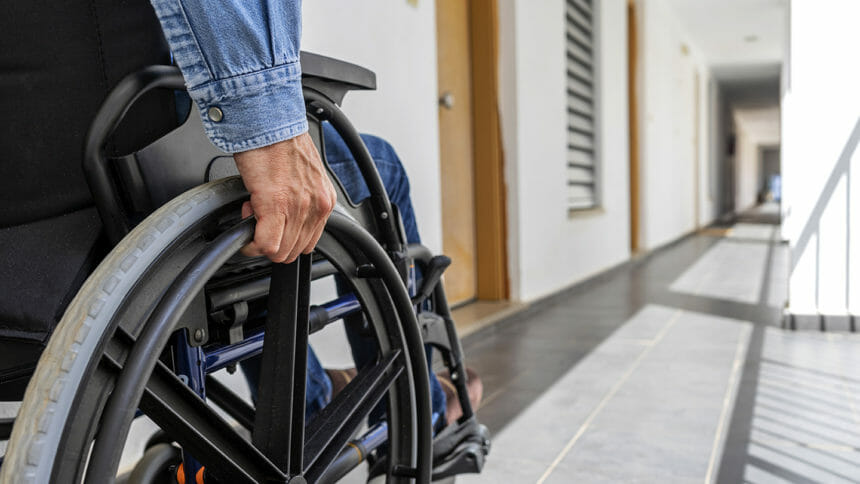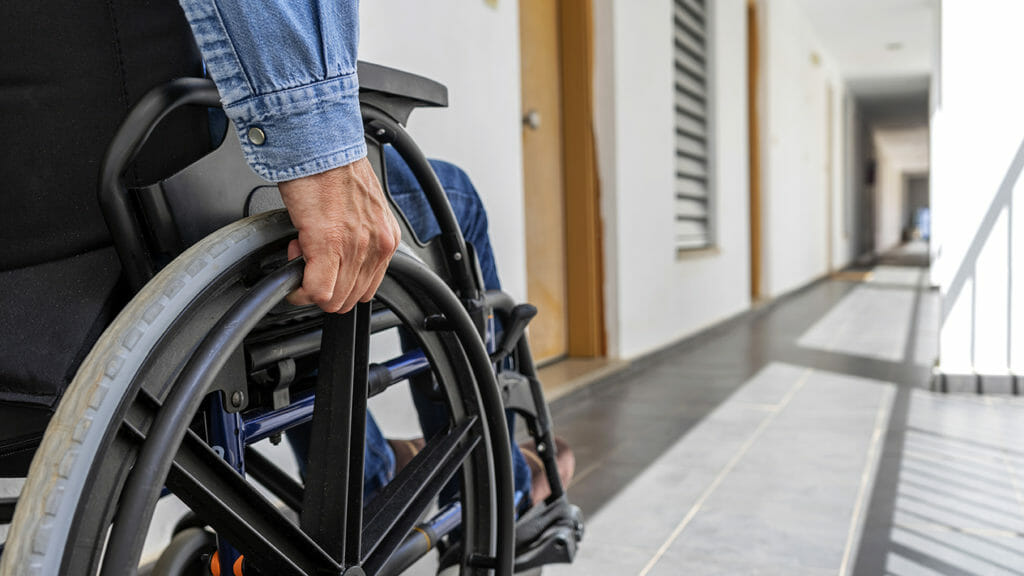

Artificial intelligence has been transforming healthcare practices for well over a year now — since the introduction of ChatGPT in October 2022 — and much of that research has been dedicated to enhancing senior care.
Some of the new ways researchers are integrating AI into this field include more personalized diagnoses of heart failure, and improvements in wheelchair mobility, according to a new report that takes stock of the AI-in-healthcare landscape.
The study, which comes from the Institute for Artificial Intelligence in Medicine at Northwestern University, details a handful of new practices and lays out the broader ways in which AI is reshaping healthcare.
Within cardiac care, AI has enabled more nuanced diagnosis of a specific form of heart failure very common among seniors, the researchers said.
Heart failure with preserved ejection fraction, or HFpEF, is the most common type of heart failure in older adults and affects at least 2 million Americans, studies show.
To produce more effective HFpEF treatments, researchers were using AI to categorize different subtypes under the HFpEF umbrella, and to analyze EKG data and electronic health records faster than humans could, researchers said.
“The potential for AI in medicine is really huge,” Sanjiv Shah, MD, said in a video on NU’s website. “By using AI, we can diagnose [HFpEF] earlier and get patients to be treated sooner so they can have really good outcomes.”
The report also showed how AI was creating “smarter” wheelchairs that use AI and sensors to navigate, a major benefit for users who have mobility issues or struggle to manually operate a wheelchair.
The AI’s path-building capabilities could be a major benefit for wheelchair-using older adults who must navigate a large but commonly used space, such as an assisted living community or skilled living facility.
Researchers identified three major ways AI was changing healthcare normatively: earlier diagnoses, automating processes and classifying patients for risk assessment.
This echoes previous analyses of AI from over the past year. In particular, healthcare experts have highlighted AI’s ability to automate administrative tasks, which could help address burnout among senior caregivers.


